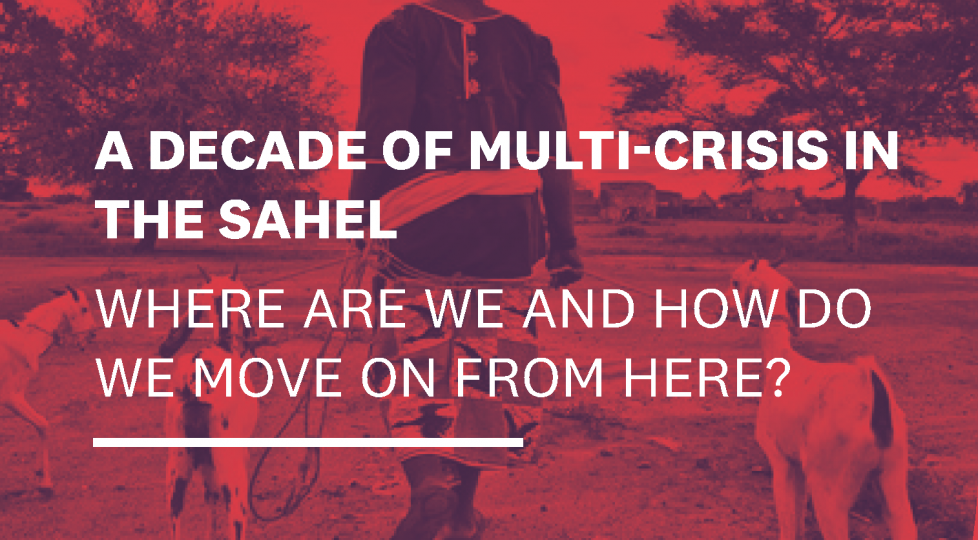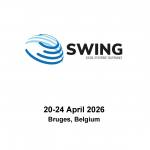A Decade of Multi-Crisis in the Sahel: Where Are We and How Do We Move On From Here?

Organising Institutions
Université libre de Bruxelles (ULB)
United Nations University – Institute for Comparative Regional Integration Studies
With support of the
Gerda Henkel Stiftung, the Erasmus+ Programme of the European Union and the Sant’Anna School of Advanced Studies
Date
6 March 2023
Venue
Spaak Room, Institut d’études européennes,
Avenue Franklin Roosevelt 39, Bruxelles
More than ten years have passed since the first bullets shot by rebel fighters in northern Mali ignited a crisis that is still ravaging the whole Sahel.
In the last decade, armed violence and instability have expanded from Mali to the surrounding region, hitting the neighbouring Niger and Burkina Faso, and causing the death of thousands and the forced displacement of millions of civilians in the area. While 2022 is emerging as the deadliest year since the violence began in 2012, the persistence of the crisis has deeply transformed the regional scenario: nowadays not only insecurity, but also political unrest and international competition characterize the Sahelian landscape.
In the last two years, the Sahel has experienced four military coup d’état – two in Mali and two in Burkina Faso -, one unconstitutional transition of power in Chad, and an attempted coup d’état in Niger. This return of the militaries attests not only of the fragility of local democracies but also of the compromised relationship between state institutions and the citizens in the region. One of the main elements showing the consequences of the break of the social contract is represented by the expansion of the jihadist violent insurgencies in the area. As for today, groups more or less loosely affiliated with Al-Qaeda and the Islamic State have been able to impose their rule on large portions of regional territories. They did it by using violence, but also by intercepting and furthering long-lasting local grievances and conflicts, and by pushing to the collapse of pre-existing political and power arrangements – a fact that is determining at least in part, the crisis of local and/or traditional mechanisms and forms of governance and conflict-management.
At the same time, the democratic backsliding of local regimes is also intercepting and furthering unprecedented international competition in the area. For almost a decade in fact, the Sahel has represented a “laboratory of experimentation” and a stress test for the ambitions, strategies, and the action of a crowded group of international and regional actors. On the one hand, France and the European Union have occupied a leading role in the efforts aiming at stabilizing the Sahel, by deploying complex and multidimensional initiatives in the security, counterterrorism, political, and development domains. In a sense, the persistence and the escalation of the crisis in the area have incited international observers to start describing European initiative in the Sahel as a “failure”. On the other hand, the international focus dedicated to the Sahel has transformed this region into a crucial arena where the United Nations, or regional bodies such as the African Union, ECOWAS, or the G5 Sahel, have seen their initiatives challenged and their capacity of intervention questioned by the dramatic evolution of the situation. These evolutions, coupled with the will of recently born military regimes to differentiate and enlarge their international partnerships, opened room for manoeuvring to new actors and partners, with Russia and its growing political and security presence representing the more visible and challenging evidence of this new trend.
Starting from these premises, this symposium aims to take stock of a decade of crisis in the Sahel, discussing the main trends and dynamics that have characterized the conflicts in the region. By doing so, we also point to recognizing the limits, the fragilities, and the power struggles lying behind the multilevel system of intervention built by the various international, regional, national, and local actors engaged in conflict management. The objective is twofold: on the one hand, we aim at debating what the case of the Sahel can tell us, in terms of characteristics and evolutions of international interventions, competing regionalisms, the return of authoritarianism, civil conflicts, and jihadist insurgencies. On the other hand, we want to engage with contributions from different disciplines and employ different analytical lenses to enlarge and reinforce our understanding and empirical knowledge of a region that remains crucial for practitioners and researchers. By this, we hope to respond to two main questions, namely:
1) What can we learn from the Sahel?
2) What solutions can be proposed for this region?
Upcoming Events
Similar Events
No events found.


